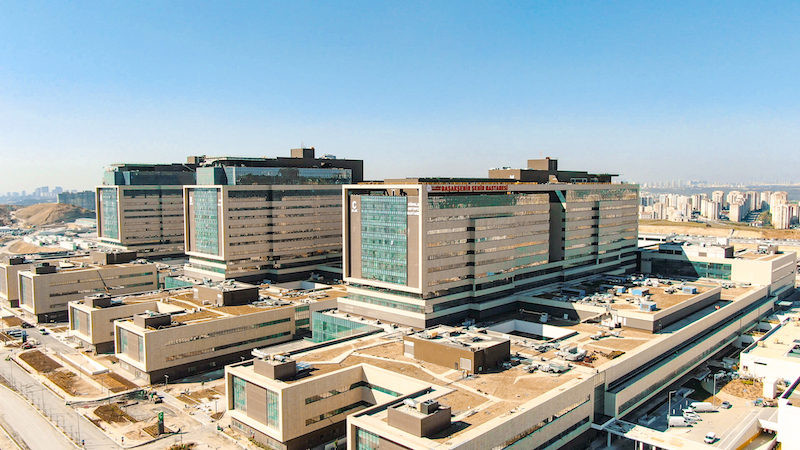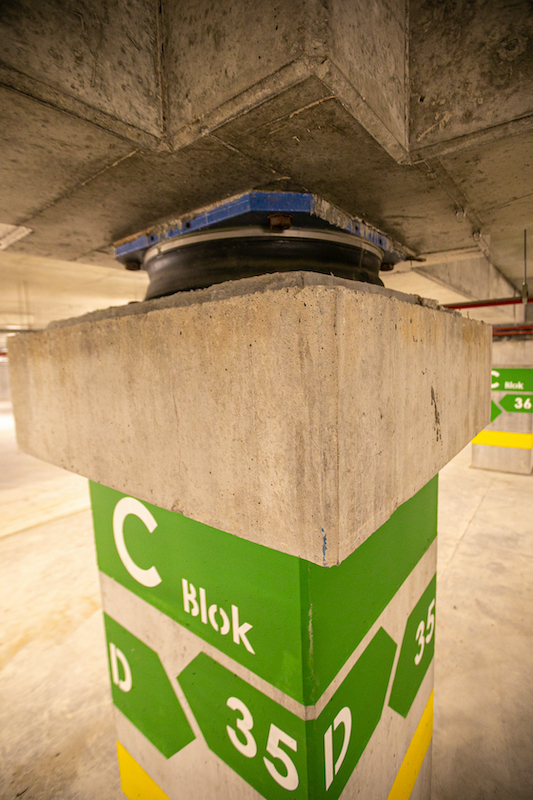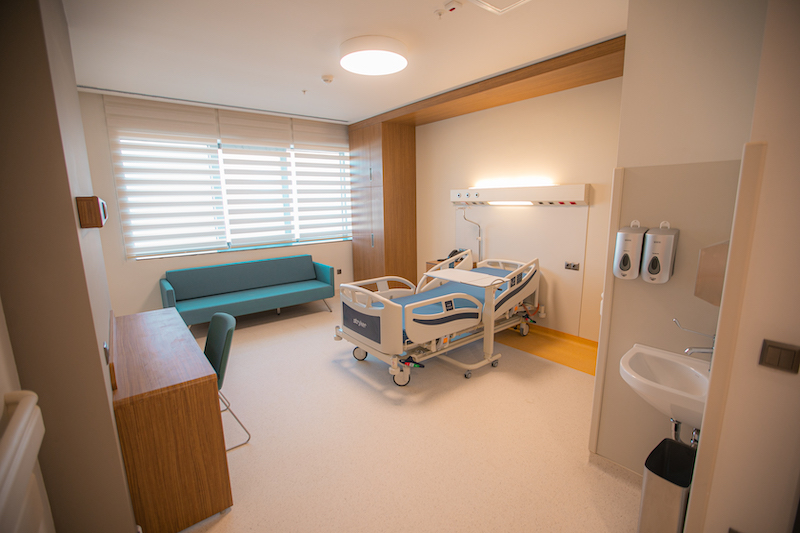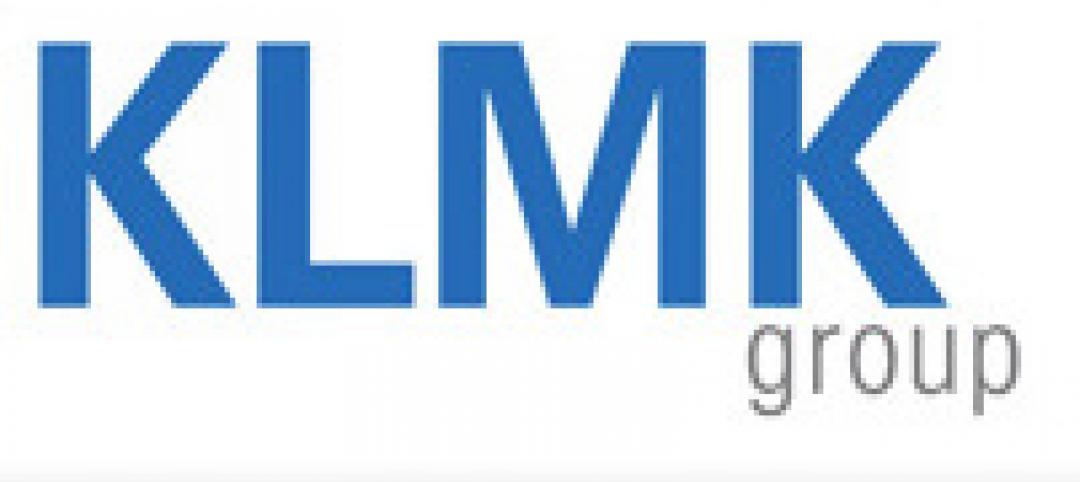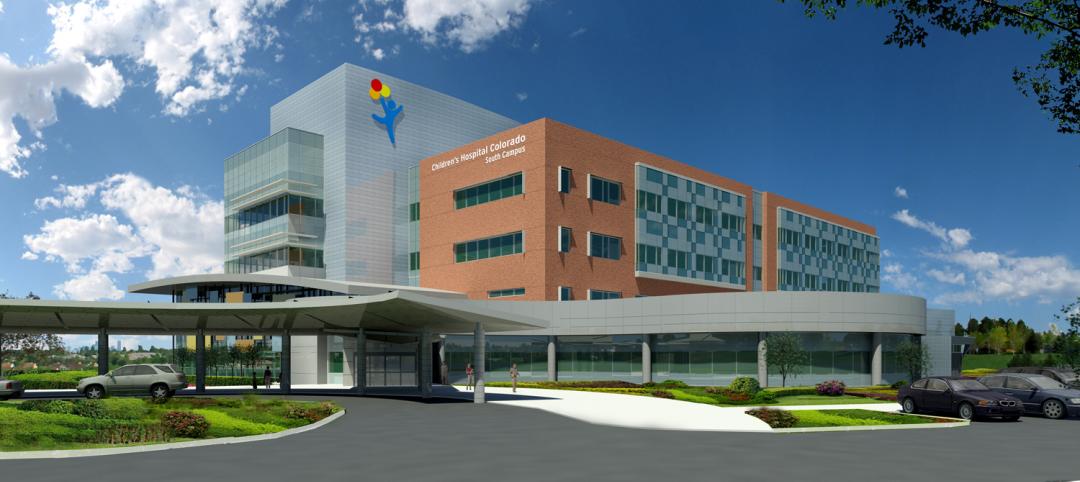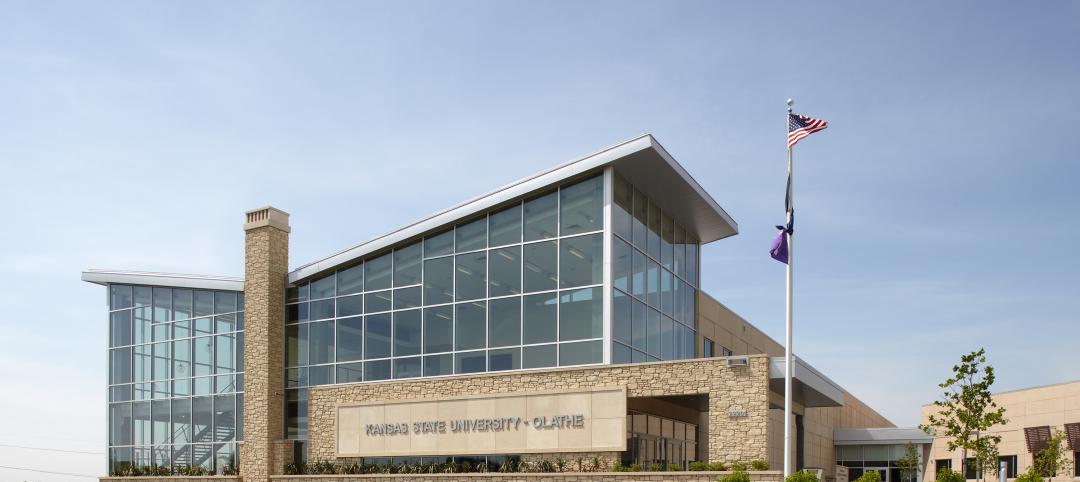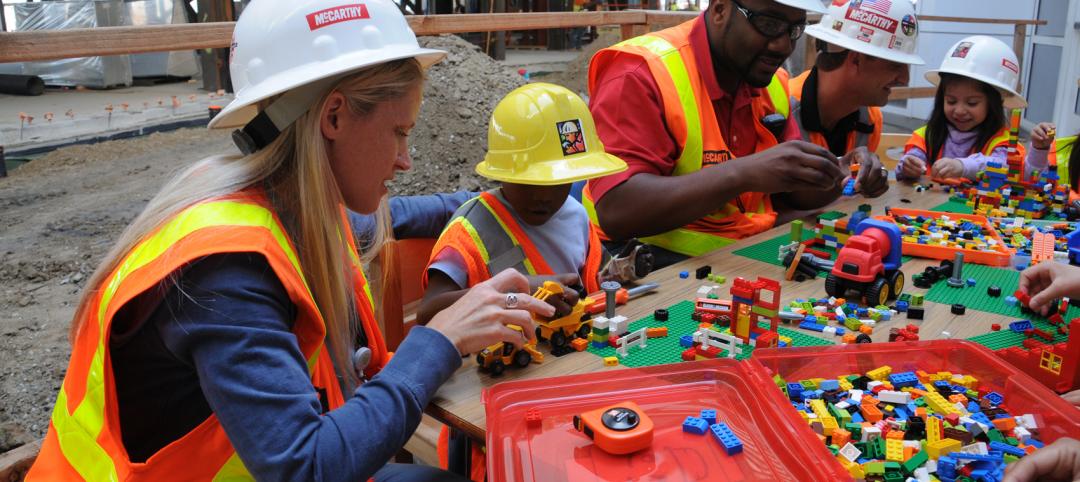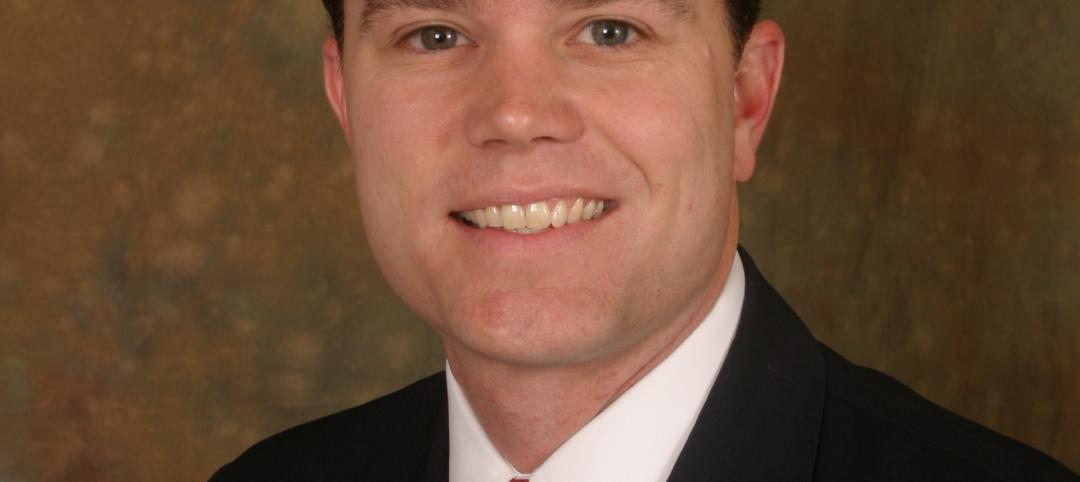The largest base-isolated building in the world officially opened in earthquake-prone Istanbul, Turkey, on May 21.
The 1-million-sm, $1.5 billion Basaksehir Cam and Sakura City Hospital, located near the North Anatolian fault of the Europe side of this city, features 2,068 seismic isolators. It is designed—by Perkins and Will’s Washington D.C. office, in collaboration with the Turkish firm Yazgan Design Architecture—to meet ASCE 41 “Immediate Occupancy” seismic performance objective under a rare earthquake event.
“From a structural standpoint, the criterion is designing the building to meet an event that might happen every 2,500 years,” says Aysegul Gogus, a project manager for Arup’s Los Angeles office. Arup, the structural engineer on this project, worked with two investment firms, Rönesans Holding and Japan-based Sojitz Corporation, to execute this hospital under a P3 arrangement that included Turkey’s Ministry of Health. Turkey’s president Recap Tayyip Erdogan, and Japan’s Prime Minister Shinzo Abe, participated in the grand opening.
(“Cam” means “pine” in Turkish, and “sakura” means “cherry blossoms” in Japanese.)
Also see: Prescient receives ICC Certification for seismic resilience system
One of the 2,068 seismic isolators that, in tandem, could reduce the seismic force on the hospital's superstructure by a factor of three.
CLOUD COMPUTING WAS CRITICAL TO TESTING
In an interview with BD+C yesterday, Gogus explained that the seismic design for a building this large required far more complicated analytical modeling than would normally be the case. These models typically have longer computer running times and, possibly, convergence issues.
Consequently, cloud computing—which allowed Arup to run several analyses simultaneously—was essential to moving this project forward expeditiously. “The software we used for ground-motion analysis allowed for a lot of automation,” so the models could be created quicker, she said. The building’s design was completed in less than a year.
Arup chose to go with triple-friction pendulum isolators, which exhibit behavior with amplitude-dependent strength and instantaneous stiffness. These isolators allow the building to move horizontally and help release seismic energy. Gogus stated that the isolators can displace up to 700 millimeters during a seismic event, and, in the opinion of Arup and the developers, would reduce the seismic force on the superstructure by a factor of three.
Also see: A Seismic Advance in Performance
The hospital, with 2,682 beds, has the capacity to handle up to 32,700 patients per day.
ARUP HONES ITS AUTOMATION SKILLS
Gogus admits that seismic building codes aren’t always where Arup would like them to be, which is why the firm studied six different isolation schemes using nonlinear time history analysese at the onset of the project. Arup was also able to visualize its analyses for presentations to the project’s stakeholders.
This project, said Gogus, “really helped us improve our automation skills.”
The hospital has 2,682 beds that include around 400 ICU beds. There are three hospital towers, six clinical buildings, five auxiliary facility buildings, 90 operating theaters, and 4,300 medical personnel. The hospital has the capacity to handle 32,700 patients per day. About one-fifth of the hospital’s total footprint—211,000 sm—is landscaped.
Related Stories
| Jun 6, 2012
KLMK Group awarded contract with Parkland Health & Hospital System in Texas
KLMK will also provide planning guidance in all aspects of the project related to facility activation.
| Jun 1, 2012
New BD+C University Course on Insulated Metal Panels available
By completing this course, you earn 1.0 HSW/SD AIA Learning Units.
| Jun 1, 2012
Ground broken for Children’s Hospital Colorado South Campus
Children’s Hospital Colorado expects to host nearly 80,000 patient visits at the South Campus during its first year.
| Jun 1, 2012
K-State Olathe Innovation Campus receives LEED Silver
Aspects of the design included a curtain wall and punched openings allowing natural light deep into the building, regional materials were used, which minimized the need for heavy hauling, and much of the final material included pre and post-consumer recycled content.
| May 31, 2012
5 military construction trends
Defense spending may be down somewhat, but there’s still plenty of project dollars out there if you know where to look.
| May 29, 2012
Torrance Memorial Medical Center’s pediatric burn patients create their version of new Patient Tower using Legos
McCarthy workers joined the patients, donning construction gear and hard hats, to help with their building efforts.
| May 29, 2012
Reconstruction Awards Entry Information
Download a PDF of the Entry Information at the bottom of this page.
| May 24, 2012
2012 Reconstruction Awards Entry Form
Download a PDF of the Entry Form at the bottom of this page.
| May 23, 2012
New hospitals invest in data centers to manage growth in patient info
Silver Cross became one of the first hospitals to install patient tracking software so families know where a patient is at all times. New communication equipment supports wireless voice and data networks throughout the hospital, providing access to patients and their families while freeing clinicians to use phones and computers where needed instead of based on location.
| May 22, 2012
Batson-Cook names Partin VP of Business Development
Partin joins general contractor from Georgia Hospital Association.


